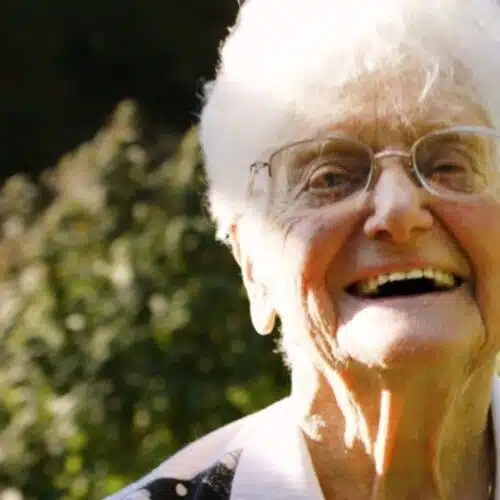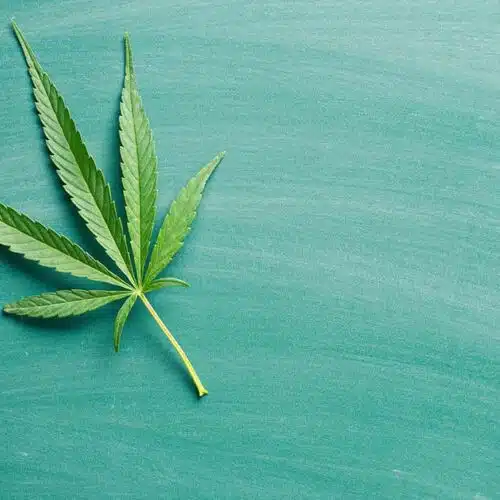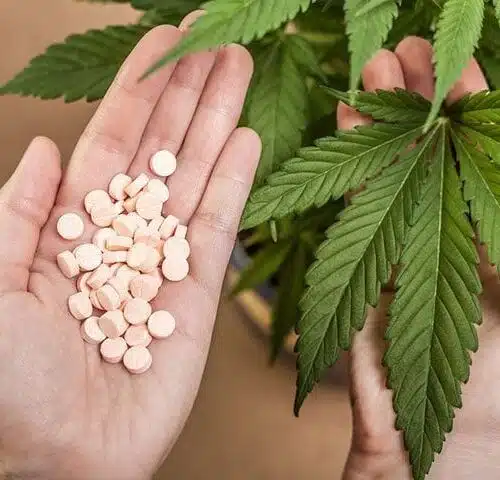Is Marijuana the obvious answer to heroin addiction?
Medical marijuana has been legalized in many states and many other states are considering proposals for legalization of medical marijuana. Medical marijuana works as an effective pain reliever for many conditions. Few studies have shown that marijuana could prevent opioids and heroin addiction as well as addiction to painkiller.
More and more people are claiming they have been able to get rid of painkiller habit when on marijuana. This led supporters of the medical marijuana to demand permission to be granted for using cannabis to curb such addictions.
Despite many studies supporting marijuana as treatment for avoiding addiction to certain drugs, doctors say these findings are insufficient to qualify marijuana for treating such conditions. This issue is being raised in New England, the region already facing painkiller and heroin crisis. The opponents argue that studies did not conclude it well that marijuana helps people off opioids, heroin and related painkillers.
Those who support marijuana for treating addiction cite results from the two separate studies to strengthen their argument. A study published in Journal of Pain this year found that after taking medical cannabis, chronic pain sufferers significantly reduced their opioid use. Another study published last year in the Journal of the American Medical Association claimed cannabis could effectively treat chronic pain and other ailments.
Michelle Ham said she was taking painkillers for years before she finely took to marijuana to get rid of addiction. And, she succeeded; she had been on painkillers for a bad back and neck. A friend told her about marijuana that was legalized in Maine in 1999. She took medical marijuana in 2013; she is now relived of pain and has stopped taking opioids.
“I don’t think it’s a cure for everybody. But why take a solution off the table when people are telling us and physicians are telling us that it’s working?” said Maine Rep. Diane Russell, a Portland Democrat and a leader in the state effort to legalize marijuana. Maine is considering adding opioid and heroin addiction to the list of conditions that qualify for medical marijuana.
“Coinciding with Philly Tech week, hundreds of medicinal cannabis entrepreneurs from around the country gathered in Old City for the first time, to brainstorm what’s next. Companies and cash often wait, sometimes for years, on the sidelines of states where medicinal cannabis could soon become legal. That has certainly been the case for “Cannabusinesses” banking on Pennsylvania,” according to a news report published by CBS Philadelphia.
That time has some for the plethora of Cannabis oriented companies who have taken swift action since Pennsylvania Tom Wolf’s April, 17th signature was provided. The law that will legalize the use of Medicinal Marijuana to those suffering from 17 (proposed) ailments will go into effect mid-May. Smoking cannabis, or consuming Marijuana-infused “edibles” will not be permitted under Senate Bill 3.
According to a report in Krqe by Michael Casey, “The growing number of patients who claim marijuana helped them drop their painkiller habit has intrigued lawmakers and emboldened advocates, who are pushing for cannabis as a treatment for the abuse of opioids and illegal narcotics like heroin, as well as an alternative to painkillers.”
Authorities are also desperate to curb a sharp rise in overdoses; Maine saw a 31 percent increase last year, and drug-related deaths in Vermont have jumped 44 percent since 2010. Vermont officials also blame opioid abuse for a 40 percent increase over the past two years of children in state custody.
A report published in Nationaldailypress informed, “The forum even gave attendees an unscheduled taste of the desperation many patients and their families have felt to find something, anything, that will provide relief. A Delaware County woman got up, emotionally explained that she suffered from chronic pain and couldn’t walk without a cane just a couple of weeks ago – and proceeded to stride smartly to the front of the room, smiling through her tears. Less than a week before, she said, she had begun treating herself with an edible form of cannabis. The pain was gone.”
Speakers at the forum asked people to encourage their doctors to undergo the required four hours of training and to be willing to recommend medical marijuana for their patients if there’s a chance it will help. Those recommendations will allow the patients to obtain medical marijuana cards that give them access to licensed dispensaries.


